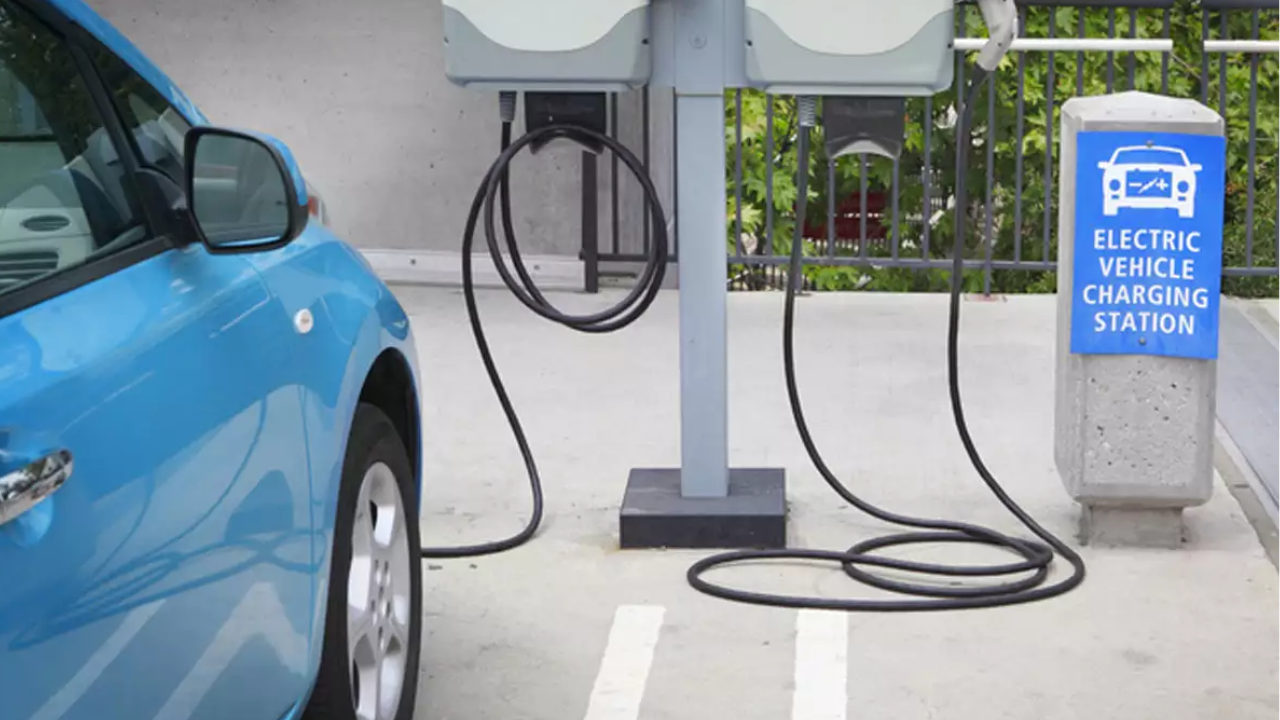
New Delhi: Municipal Corporation of Delhi has decided to expand its electric vehicle charging infrastructure to outer Delhi in the coming days.
Officials said more charging facilities for e-auto or e-vehicles would be made in areas such as Narela, Najafgarh and Rohini so that people can use them in large numbers for last-mile connectivity.
“The plan is for greater presence in those areas or colonies which have fewer EV charging stations, such as those on the outskirts. We have asked power discoms or PSUs (with whom we signed contracts to establish e-charging stations) to identify the sites for establishing the facility. Some of these stations will have battery swapping facilities as well,” the official said.
So far, MCD has allocated space for 584 stations. Of these, 200 are operational, including 25 stations with battery-swapping facility. “While the majority of charging facilities have been set up in south, central or east Delhi, it was observed that people commuting on EVs to the outskirts such as Narela, Najafgarh and Rohini found the EV infrastructure to be insufficient. An optimal EV charging infrastructure will also give a boost to adoption of e-vehicles in those areas,” an official said.
Officials said charging facilities are already there at 32 locations in Najafgarh and 12 in Rohini. Allotments will be made in the near future for Narela. MCD also plans to give a thrust to establishing EV charging hubs which will incentivise cab aggregators to roll out more EV cabs. “We are looking for sites where dedicated facilities will be created for cab operators and at least 10-15 cabs can be charged at a time. Establishing such infrastructure is part of the strategy to maximise the use of electric vehicles,” the official said.
“Rather than sanctioning permission for setting up more EV charging stations, we have decided to pause and check on the gains made from the permissions given so far. Further permission will be given to the PSUs and DISCOMs on the basis of performance,” the official said. All permissions or allotments for setting up charging and swapping stations is done on the basis of MCD’s unified policy. Besides being environmentally friendly, the cost of running an e-vehicle is less than Re 1 per km, which is much cheaper than hydrocarbon fuels.

